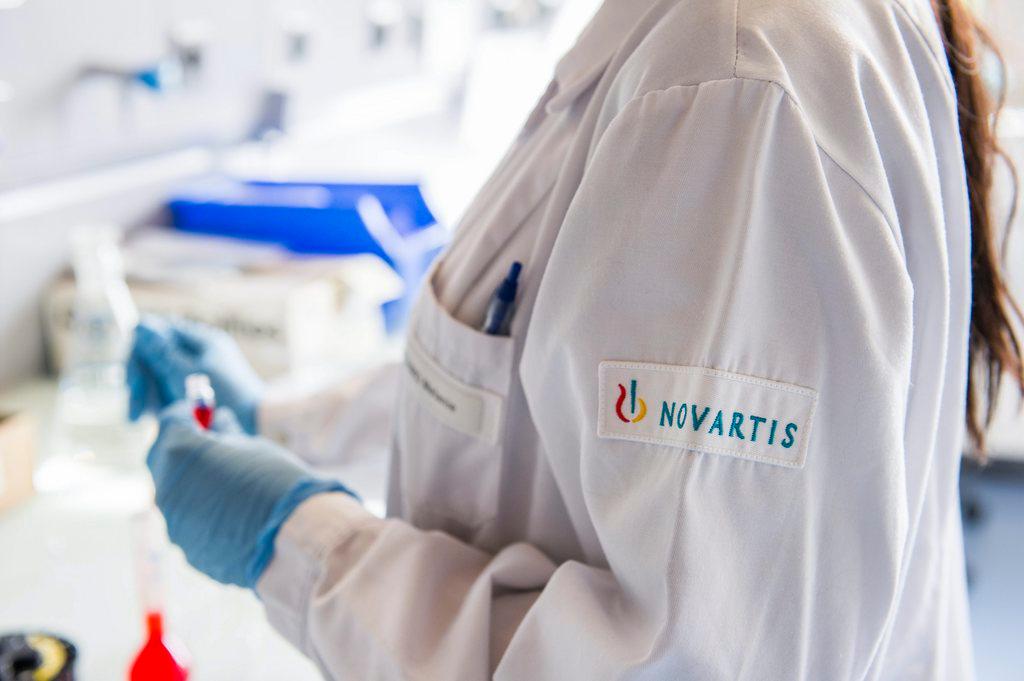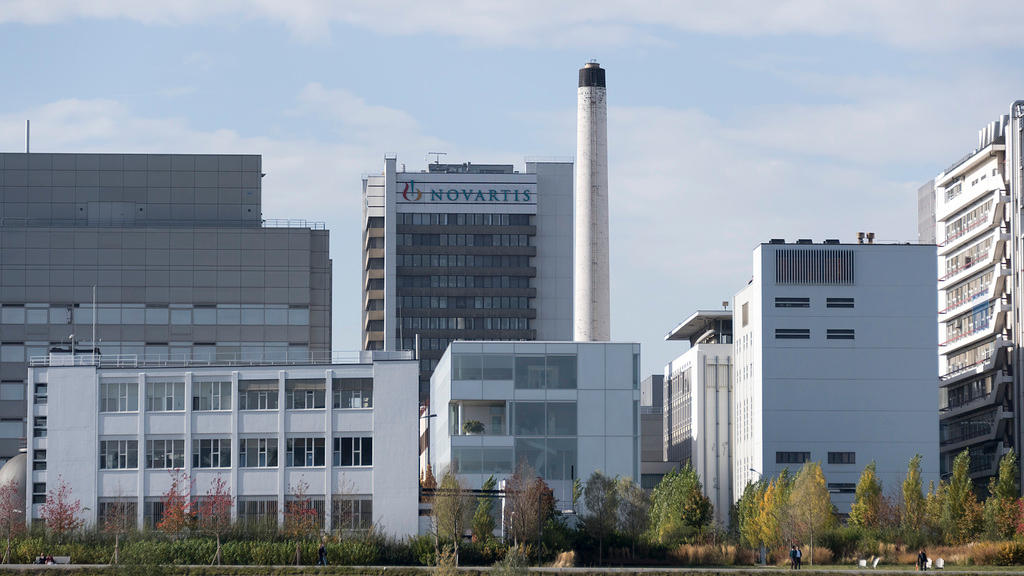Novartis weighs reinsurance tie-up to fund ultra-expensive drugs

Swiss drugmaker Novartis is exploring working with the global reinsurance industry to help health systems bear the cost of a new generation of personalised therapies as the industry comes under pressure to devise funding models for ultra-expensive medicines.
Vas Narasimhan, chief executive of Novartis, said the company was “brainstorming” alternative financing possibilities for drugs that offer the prospect of curing patients of once-fatal diseases, potentially saving substantial healthcare costs down the line — but requiring enormous upfront outlays.
These options could include a “reinsurance model” in which a third party underwrites “the catastrophic case of a child having one of these conditions”, Narasimhan told the Financial Times.
Such deals could prove attractive for the insurance and pharmaceuticals industries. Novartis and other drugmakers are betting increasingly on specialised cell and gene therapies as future growth drivers — despite their eye-wateringly high costs.

For reinsurers, which act as a backstop for conventional insurers, helping health authorities or governments smooth the cost of such treatments could provide an alternative revenue source. Big reinsurers such as Swiss Re and Germany’s Munich Re face increasing competition from rival sources of risk capital.
Reinsurers could make financing easier by pooling the costs of treatments provided by different drug companies and also across countries. They already provide a backstop to employer health insurance plans and have signalled a willingness to expand into the medical sector.
Narasimhan said: “I think of it as delivering cures; delivering transformation. And if we can deliver transformation, I have to believe we will find the appropriate value proposition.”
In response to the Ebola crisis in west Africa, the World Bank last year teamed with reinsurers to provide cover against future pandemics, so outbreaks could be tackled quickly. Swiss Re has since the start of the decade worked with Roche, another Swiss drugmaker, on financing cancer treatment in China.
Discussions between drug companies and reinsurers about funding the new generation of therapies — which may require only a single infusion but at large cost — are understood to be at the concept stage but the “reinsurance option” could work for state-funded health systems such as in the UK, as well as private insurance based systems.
“Given that we’ll have five gene therapies in the clinic next year and we plan to continue to have a steady pace of gene therapies, we acknowledge we need to work with the system to come up with new solutions,” added Narasimhan.
Novartis has been among the pioneers of “outcome-based pricing” models, through its blood cancer medicine Kymriah: 90 per cent of children treated with the drug have not relapsed. It has offered to waive the $475,000 price tag for paediatric use in the US if remission is not achieved within 30 days of treatment but Narasimhan conceded that, so far, take-up had been limited.
The company has also developed a gene therapy treatment for spinal muscular atrophy, a rare genetic condition that often kills sufferers before the age of two. Clinical trials suggest that, four years after a single treatment in the first few months of life, children are progressing normally.
The 10-year costs, borne by healthcare systems, of treating such ultra-rare diseases range from $2 million to $5 million, according to economic analysis presented by Novartis at a recent investor day.
Narasimhan cautioned that new financing models would only emerge as more new therapies developed. But “on a 10-year view”, he said that if Novartis and other drugmakers “can deliver either cures or transformative efficiency, I think the system will adapt to allow those kinds of payments over time”.
Copyright The Financial Times Limited 2018

In compliance with the JTI standards
More: SWI swissinfo.ch certified by the Journalism Trust Initiative











You can find an overview of ongoing debates with our journalists here . Please join us!
If you want to start a conversation about a topic raised in this article or want to report factual errors, email us at english@swissinfo.ch.